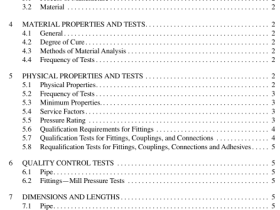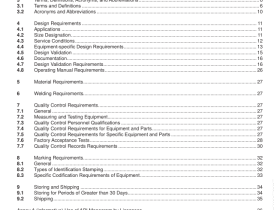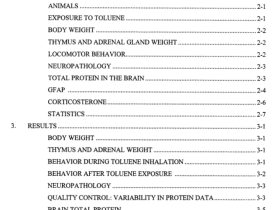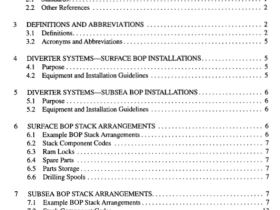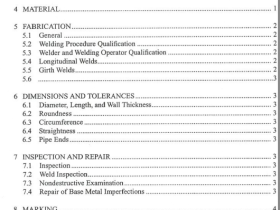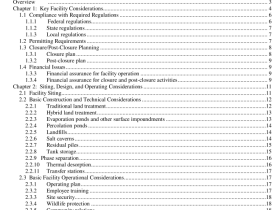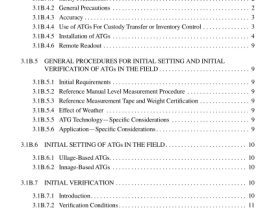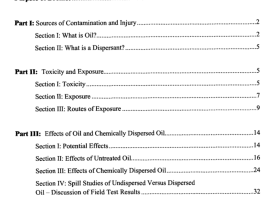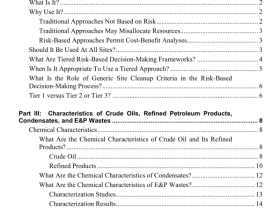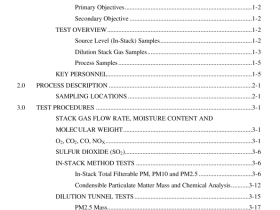API 5LD pdf download
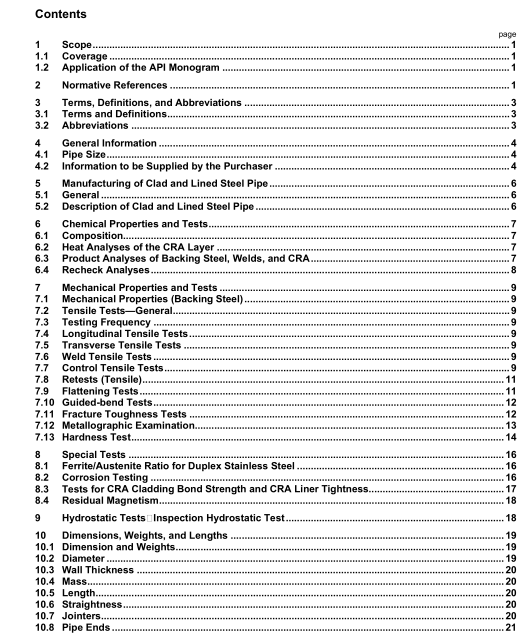
API 5LD pdf download CRA Clad or Lined Steel Pipe
5 Manufacturing of Clad and Lined Steel Pipe
5.1 General Clad pipe or lined steel pipe furnished to this specification shall be seamless or welded, as defined below. All welding consumables shall comply with the requirements of ASME BPVC Section II, Part C (2013.07.01). The thickness of the CRA layer shall be a minimum of 2.5 mm (0.100 in.) unless otherwise agreed to.
NOTE Thinner CRA cladding has been used for some applications.
5.2 Description of Clad and Lined Steel Pipe Clad Pipe
5.2.1 Clad pipe is a bimetallic pipe composed of an internal (and in some cases external) CRA layer that is metallurgically bonded to the backing steel. The cladding may be bonded by hot rolling, coextrusion, weld overlay, explosion bonding, powder metallurgy, or some other process that produces a metallurgical bond. Clad pipe may be either seamless or welded as follows.
a) Seamless. Seamless clad pipe is produced by the seamless process defined in API 5L (45th Ed.), Section 8.1 and shall meet the requirements of API 5L (45th Ed.), PSL 2.
b) Welded. Welded clad pipe is produced from plate or skelp that has been clad by one of the processes described in 5.2.1. The backing material shall meet the requirements of API 5L (45th Ed.), PSL 2. The longitudinal seam of the backing steel shall be welded by one of the welding processes included in API 5L (45th Ed.), Section 8.1 except as follows. In addition, gas tungsten arc welding (GTAW) is acceptable for the tack welds, and plasma arc welding (plasma tungsten arc) [PAW (PTA)] is acceptable for the seam welds provided appropriate qualifications to API 5L (45th Ed.), Annex B are performed. For welding of the cladding material, processes in API 5LC (4th Ed.), Section 5.1 b) or resistance electroslag welding (RES) welding and PAW are permitted. Lined Pipe
5.2.2 Lined pipe consists of a carbon steel pipe meeting the requirements of API 5L (45th Ed.), PSL 2 with an internal or external CRA liner. The CRA liner is affixed or tightly fitted to the external pipe full length by expansion, compression cold forming, or some other means. The CRA liner may be a tube or pipe inserted into a steel pipe, a plate or sheet rolled into a cylinder by expanding the liner and/or shrinking the pipe, or by some other applicable processes. Lined pipe may be either seamless or welded as follows.
a) Seamless. Seamless lined pipe consists of an outer seamless pipe made to the requirements of API 5L (45th Ed.), PSL 2.
b) Welded. Welded lined pipe consists of an outer welded pipe made to the requirements of API 5L (45th Ed.), PSL 2. The liner may be either seamless or welded manufactured to the requirements of API 5LC (4th Ed.) or other appropriate industry standard. Alternatively, weld lined pipe may be made by co-rolling a sandwich of a carbon steel plate and a CRA plate into a cylinder followed by longitudinally welding the long edges to form a seam in the backing steel and CRA liner materials.
5.3 Cold Sizing and Cold Expansion
5.3.1 Unless otherwise agreed, the sizing ratio for the backing steel shall not be more than 1.5 % unless the entire part of the pipe that is cold sized is subsequently normalized, quenched, and tempered or stress relieved.
5.3.2 If cold sized or cold expanded pipe, which is not subsequently heat treated or stress relieved, is used as the backing steel, the strains applied during manufacturing of the pipe used as the backing steel shall be considered in addition to those applied during lining or sizing of the pipe after lining or cladding. In this case, the sum of the sizing ratios for all manufacturing steps applied to the backing steel shall not exceed 2.0 % unless otherwise agreed.
